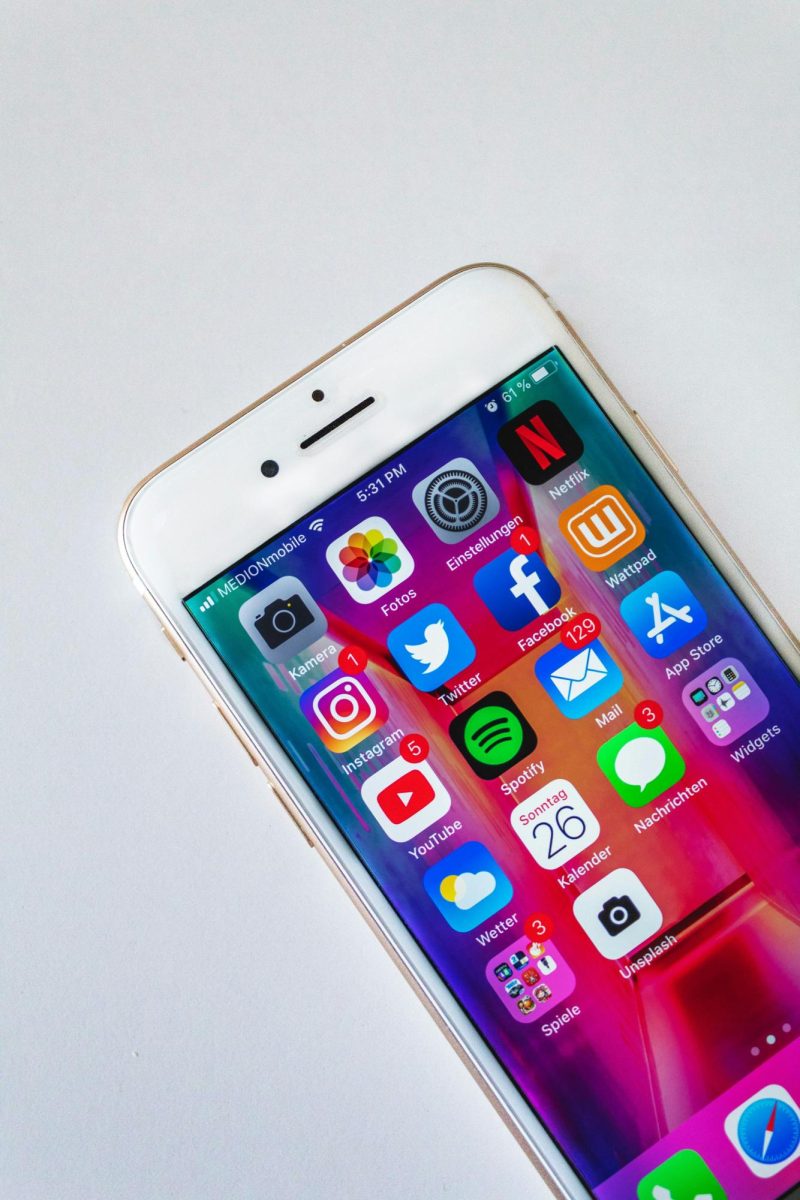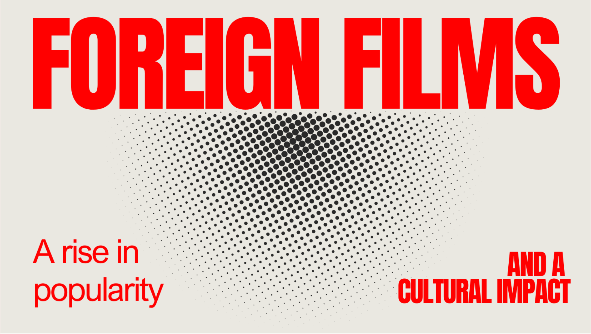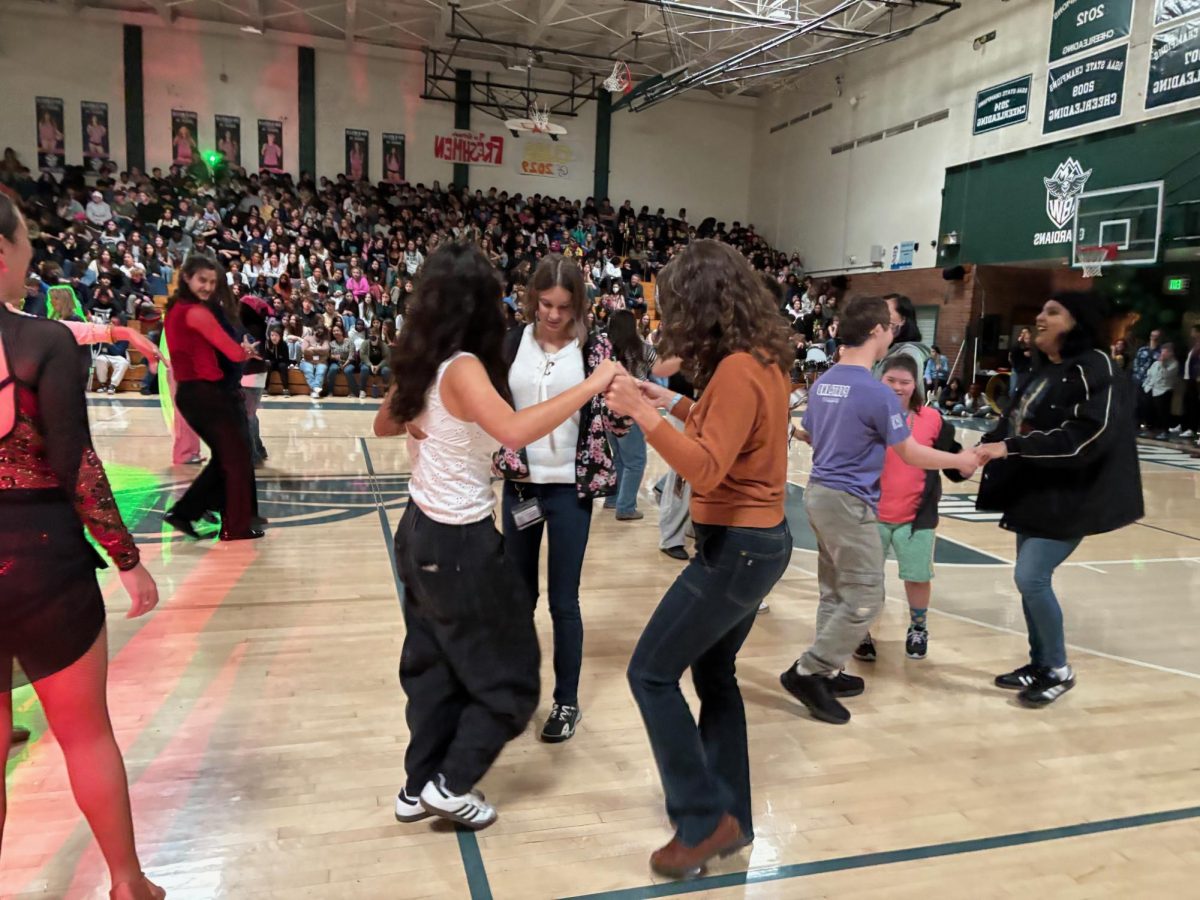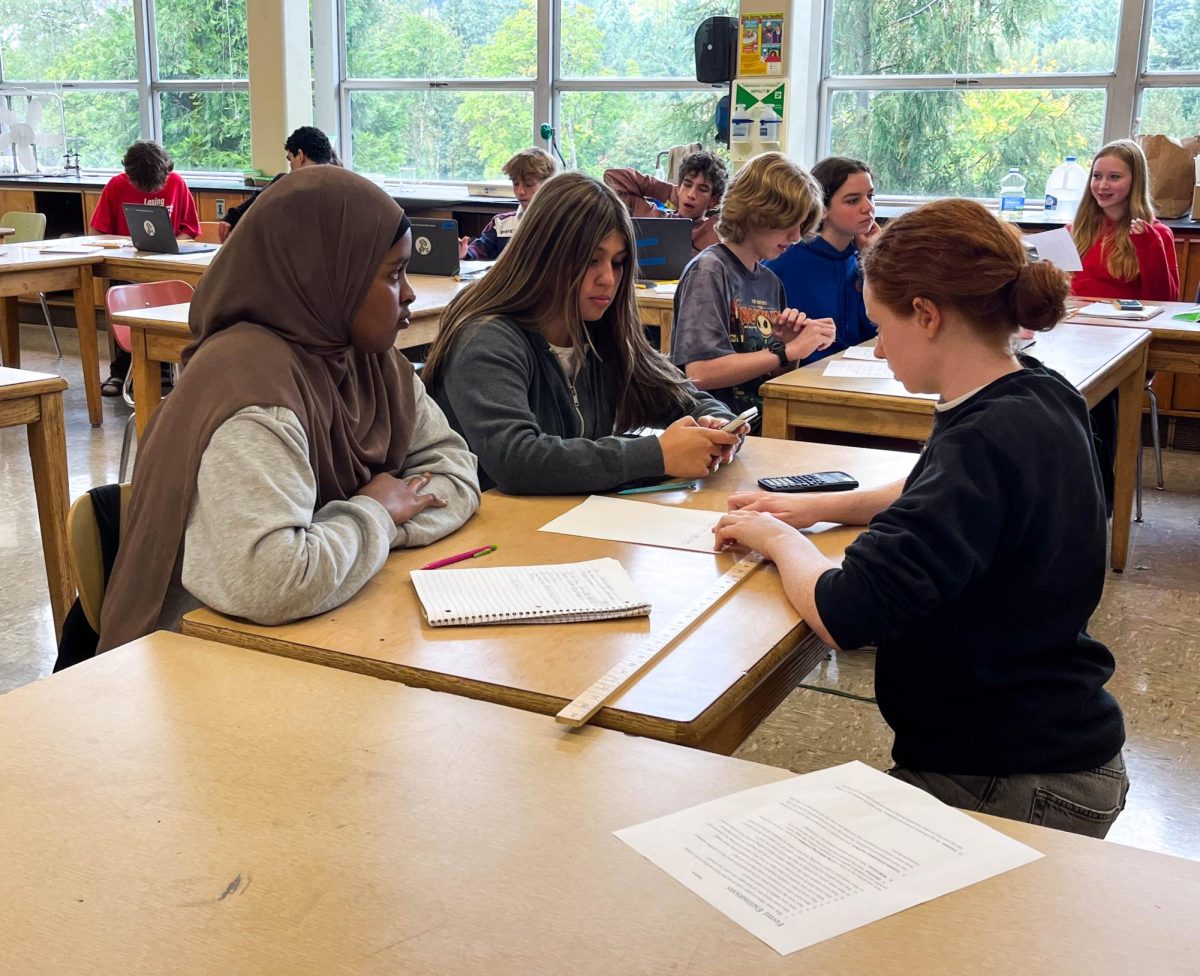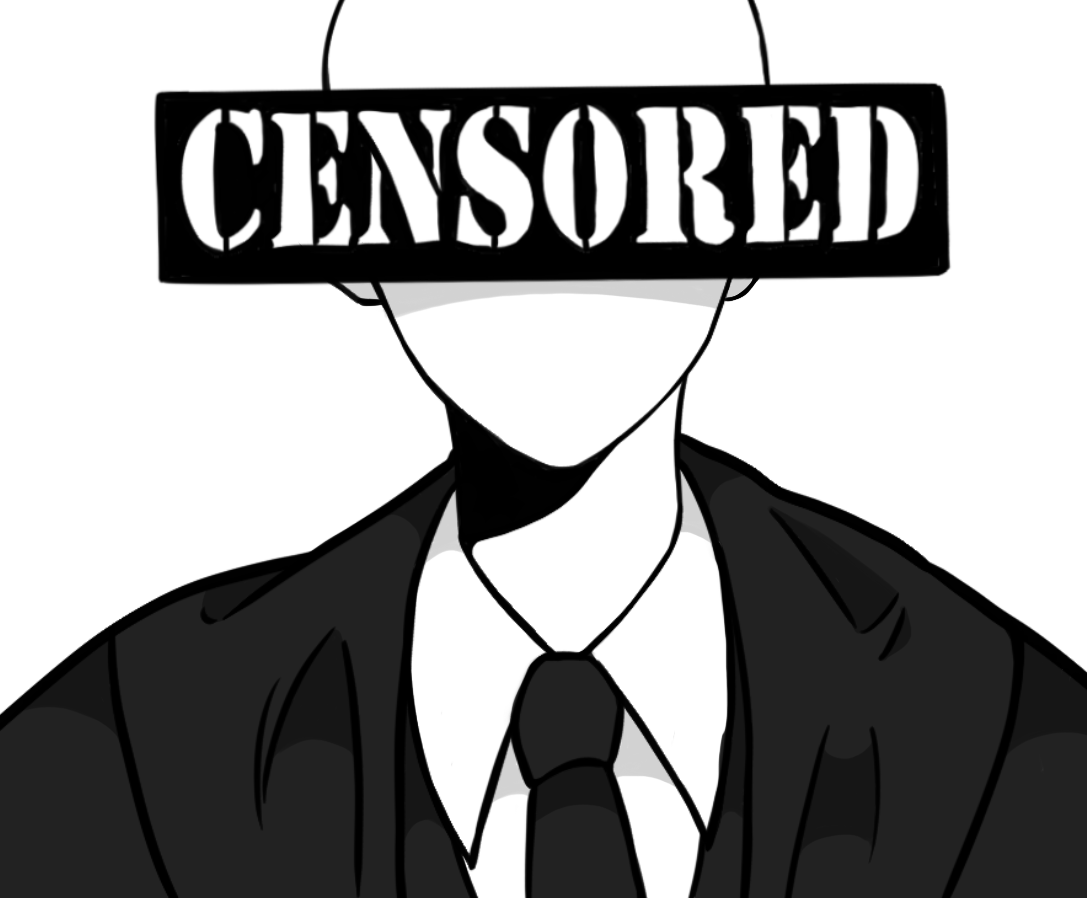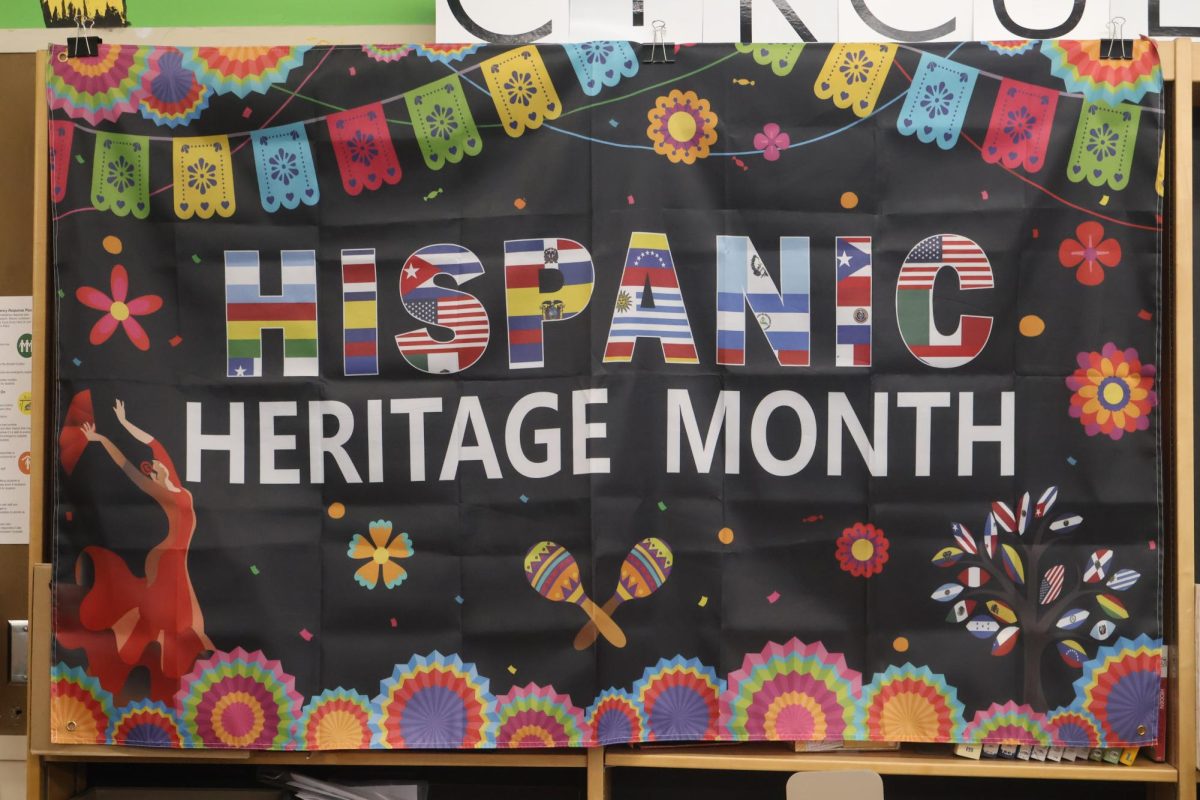On Monday, Feb. 26, The Supreme Court showed its concern for state laws enacted in Florida and Texas. These laws would prohibit social media platforms from slandering certain political viewpoints.
The law presented to The Supreme Court would affect how millions of Americans obtain their news and information. The law would also change whether social media platforms like YouTube, Instagram and TikTok have the right to make their own decisions about how they moderate hate speech and misinformation. The main idea of the law would place a ban on online platforms from removing posts that express political opinions. The States are pushing the law saying that the laws are necessary to keep social media platforms from discriminating against conservatives. The new law has brought up many questions for debate like whether or not social media companies are engaged in First Amendment-protected activity when they can moderate content by banning users who spread misinformation and hate speech.
One of the themes that has caused debate is identifying harmful information. Social media as of 2020 has more of a grasp on people’s beliefs than ever before. While many political parties have been affected by a great deal of misinformation, Republicans, in particular, have had a reputation for creating dangerous conspiracies. Pizzagate is just one of the many examples of dangerous conspiracies. The conspiracy originating from far-right online communities, quickly became a popular movement among Republicans. The conspiracy went viral during the 2016 United States presidential election, followers falsely believed that several high-ranking Democratic Party officials were connected to a child sex trafficking ring that involved a pizzeria in Washington D.C called the Comet. On Dec. 4, 2016, a 28-year-old man from North Carolina arrived at the Comet and fired three shots from an AR-15 rifle. After being arrested, he told the police he planned to “self-investigate” the pizzagate conspiracy theory, the man considering himself a potential hero, a rescuer of children. Police would then enter the building and find no children whatsoever. Even though this conspiracy was proven wrong, it led to the creation of other conspiracies.
These types of conspiracies all share a similar origin as they all were popularized through social media. What’s worse is most websites now have the data to stop the spread of misinformation but choose not to for monetary reasons. Instagram and Facebook are prime examples of this. On Oct. 3, 2021, An ex-employee from Facebook, France Haugen, revealed multiple documents to the public, surrounding data collected by Facebook. Before the election, they initiated a policy known as civic integrity. This was Facebook’s and many other websites’ approach to dealing with the spread of misinformation during the 2020 election. This was a policy that went against Facebook’s user algorithm, which is used to find posts that create engagement or a reaction on the platform. The civic integrity policy was to lessen posts related to political events appearing on your feed hence not spreading as much misinformation. However, once the election was over, Facebook shut down the civic integrity policy, prioritizing growth over safety for its users. Facebook’s research that was revealed to the public showed that content that was hateful and polarizing kept users on the platform longer. Even with this in mind, they opted to turn off their safety features.
On Jan. 6, 2021, the U.S. Capitol building was raided by Trump Protests. While this was a surprise to many at the time, research began to show that the event was planned specifically on social media. Websites like Facebook, after the election, were full of posts all conveying the same message, the election was stolen by the Democrats. These messages, even though they were misleading in nature and promoted dangerous actions, were not removed. This inevitably led to the Jan. 6 insurrection, an attack on democracy.
Since the insurrection, social media platforms like Twitch, TikTok, X (formerly Twitter), Youtube and now Instagram and Facebook, have taken multiple precautions to stop the spread of misinformation. The law proposed to the Supreme Court would give states the right to make laws that could affect censorship policies on social media platforms, affecting the overall impact of social media.


